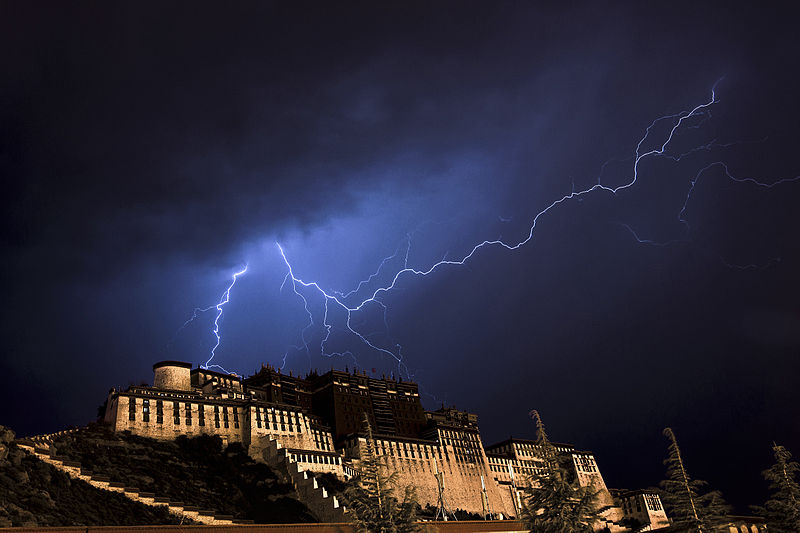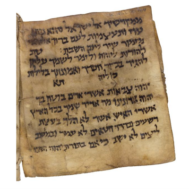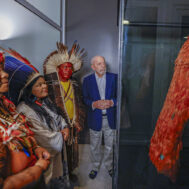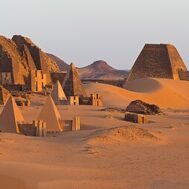Our World Heritage (OWH), an organization launched in late 2020, aims to develop a global network of heritage professionals to “re-think and re-envision” UNESCO’s 1972 World Heritage Convention. Noting the inability of UNESCO to actually supervise and protect an ever-growing network of

Tank at Hampi, India, ASI monument number N-KA-B49, photo by Jonathan Freundlich, 13 November 2011,
Creative Commons Attribution-Share Alike 3.0 Unported license.
World Heritage sites, the organization defines itself as a civil-society network that hopes to raise the profile of endangered sites and bring the global public on board to protect them. In many countries, important World Heritage sites are increasingly threatened by development supported by national political interests that UNESCO has been unable or unwilling to criticize. UNESCO has failed to speak out effectively against persecution of religious and ethnic minorities, from the seizure and nationalization of Christian religious edifices and synagogues in Turkey to the appalling destruction of cultural heritage and deliberate genocide against Uyghurs and other Muslim minorities in the Peoples Republic of China. The 1972 World Heritage Convention is politely characterized by OWH as “straining under its success.” They say UNESCO has prioritized list building over the conservation and protection of heritage sites already under its purview.
- “Ensure that all sites stay fully protected from ever-growing threats by refocusing the treaty to its original goal of conservation rather than listing;
- Open World Heritage to citizen participation, foster advocacy and promote transparency in the decision-making processes through grass-roots initiatives;
- Monitor site conservation with particular emphasis on sites in critical situation due to global change, human development pressures, natural disasters and conflicts;
- Raise awareness and involve a new generation of stewards in our heritage conservation;
- Expand preservation to the local level through grass-roots initiatives.”

Sculpture at Osun Osogbo Grove, Osun State, Nigeria. The Grove is a UNESCO World Heritage Site. Photo by:
Oluwatosinladeloye Wikimedia Commons, Creative Commons Attribution-Share Alike 4.0 International license.
2022 marks the fifty-year anniversary of UNESCO’s 1972 World Heritage Convention. Since its inception in mid-November 2020, Our World Heritage has set out an ambitious events program for 2021 leading up to this mid-centennial, including a series of digital conferences. Schedules are still being organized, so interested viewers and participants are directed to the Our World Heritage website for up-to-date information on each program.
To this end, in 2021, Our World Heritage will sponsor a series of twelve themed events:
- Transformational Impact of Information Technology – This January 9, 2021 kick-off event explores the evolving role of technology in monitoring and promoting world heritage sites. Plenary recordings are said to be available soon.
- Tourism – February 1, 8, and 15, 2021. This event will look at the role of Tourism in the preservation and promotion of cultural heritage.
- Diversity and gender: Recognizing diversity and promoting equality in youth and gender – This event will explore key questions about gender, age, equality, and justice and the Convention’s role in countering hatred and nationalism.
- Human Rights – This event will explore where the Convention has failed to comply with international human rights laws and “propose a legal framework guiding future prescriptive requirements related to human rights in the implementation of the Convention.”
- Disasters & Pandemics – This event aims to look at the fragility of world heritage sites during natural disasters and pandemics and explore ways to protect them by “integrating them into the social and cultural dynamics of daily life.”
- New Heritage Approaches – Will look at new and innovative ways to integrate heritage conservation approaches with regional and urban planning.
- Our Sustainable Heritage: World Heritage conservation as a more sustainable form of development – This event aims to explore how to create an alignment between the protection of Outstanding Universal Value criteria and sustainable development.
- Climate change and Biodiversity – This event will look at how “World Heritage can be effectively protected and serve as a model for heritage conservation worldwide” as well as support biodiversity conservation efforts. It will also explore how the “prediction of future impacts of climate change on World Heritage sites can be improved in order to guide mitigation and adaptation projects.”
- Heritage places and memory – This September 2021 event will explore the complexity of heritage sites and cultural memory with an eye toward representing different and sometimes conflicting or contentious group narratives and meaning toward a place.
- Heritage in conflict – This event explores how the 1970 Convention against Illicit Trafficking and the Sendai Framework for Disaster Risk Reduction as well as provisions in the 1954 Hague Convention can be reinforced to protect cultural heritage before, during and after conflict.
- The List: equitable representation and the social role of heritage – This event will look at how the Convention can “expand its role as a heritage conservation tool”, decrease its emphasis on “the List”, and “better represent the diversity of the world’s cultural and natural heritage” through the World Heritage listing processes.
- Opening up to civil society – “The main question that this theme addresses is: How can the decision-making system and the management of the Convention be democratized to reflect fundamental and inclusive change?”

Perperikon, Bulgaria, ancient Thracian city where fire rituals were practiced on the largest cult altar in Southeast Europe, photo Krasimir Kocev, 22 June 2016, Creative Commons Attribution 3.0 Unported license.
Our World Heritage hopes to make recommendations to the World Heritage Committee from the ideas developed during these events.
Our World Heritage is looking for knowledgeable people in the cultural heritage community to join their network. If you are interested in getting involved OWH asks you to “please drop a message to [email protected], and tell us what motivates you.”
 Lightning over the Potala Palace in Lhasa, Tibet, Author: 李国强, 11 August 2011, Creative Commons Attribution-Share Alike 3.0 Unported license.
Lightning over the Potala Palace in Lhasa, Tibet, Author: 李国强, 11 August 2011, Creative Commons Attribution-Share Alike 3.0 Unported license. 

